
“What number are you?” I can wager that many of us have been asked that lately—with other parents during a play date, on a Saturday morning workout with a girlfriend, or maybe at a meeting of a book club. Just this weekend, in fact, on a girls’ trip to North Carolina, three of us found ourselves pulling out our phones to take the quiz. I knew I’d taken it before but I couldn’t recall the results.
A bit like CBD and Salt straps, Enneagram numbers are everywhere, promising to help us to better understand ourselves, our relationships—even our parenting styles.
The premise is that the nine types of the Enneagram are the basis for a human’s desires, fears, and motivations; there are also descriptors like wings, center, and angles that play into our types. Followers of the Enneagram believe this is the scaffolding to better understanding our character, judgement, and set of beliefs.
I suppose you could call me a bit of a skeptic. Annie Murphy Paul, who wrote The Cult of Personality Testing, once wrote of the Myers-Briggs Type Indicator test—another popular one—that such tests can be like “a secular religion, and no amount of scientific evidence will dissuade its true believers. I have tried, and have repeatedly been told that it’s clearly my fill-in-a-four-letter-personality-type-here nature that makes me so skeptical.” Likewise, does my Enneagram number explain my skepticism?
I asked my friend Molly, one of the ones who first asked me my number, if she’d explain the appeal for her:
“I’m a planner. For example, my grocery list is organized by location of food in the store. I can efficiently grab my items in the order they are placed around the market; this way I never have to double-back and grab something I’ve already passed. I like to time myself to see how fast I can get in and out of the store. If my favorite rotisserie chicken is unavailable at Whole Foods (salt and pepper, if you’re curious), it affects me more than it should. There goes my plans for my weekly batch of chicken salad which I anticipate eating every day. I’m a food jag girl and it’s hard for me to deviate. When I like something, I really like something.
For me, all of these details perfectly illustrate my number. And reading more about my number is soothing because, one the one hand, it gives me the aha-that-makes-a-lot-of-sense feeling. But it also puts front and center many of the quirks about myself that can be difficult for me (and for others). One of my closest friends, who loves to spend hours wandering through grocery stores without a list, choosing items depending on his mood, thinks I’m insane with my list methods. He’s obviously a very different number.
And what the Enneagram has done for me is given me pause to consider other angles: I can better see how I potentially come across to others, why I feel so strongly about some things, and the ways in which my sharp and soft edges play into my choices and behavior. I don’t think any of these are bad. In fact, I believe it has helped me be a better partner, parent, and colleague. What might be seen as excuses to one person could instead be a road map to another.”
Likewise, on an earlier post about the reasons why we take personality quizzes, Paige—a reader—wrote of the Enneagram’s specific appeal: “it identifies why we do things–our greatest fear and greatest desire. The other tests identify how those desires personify themselves, but they are inconsistent because they don’t tackle the motivations–what do we want, and what are we most afraid of?”
This was what we ultimately distilled this weekend, too—and anything that helps us consider others’ motivations before reacting seems like a good thing.
What do you think? Are you a skeptic or a believer—and why? Do you know your number? How accurately does it represent you?
P.S. My results on this quiz actually said my results were inconclusive and gave the same weight to multiple numbers—the highest being 3, 2, and 9, such that I’m most likely a type 3 (and either a 2w3 or a 3w2). My lowest numbers were 4 and 1. My friend JR sent me to this page for some more subtype analyses.
You might also like: Morning routines, bullet journals, and dinner-table advice.











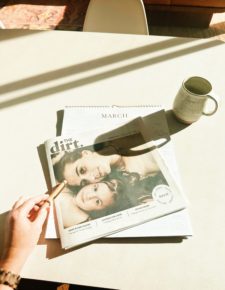
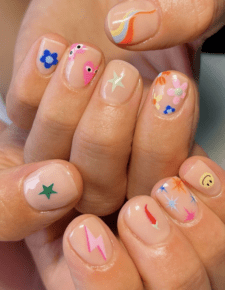







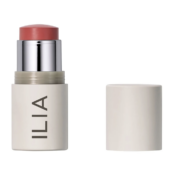

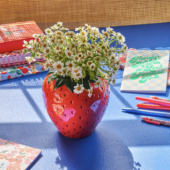
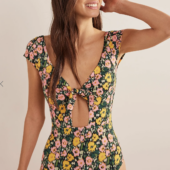








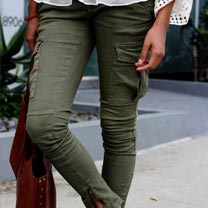

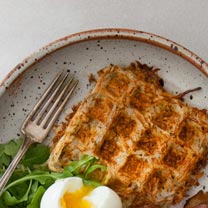



13 Comments